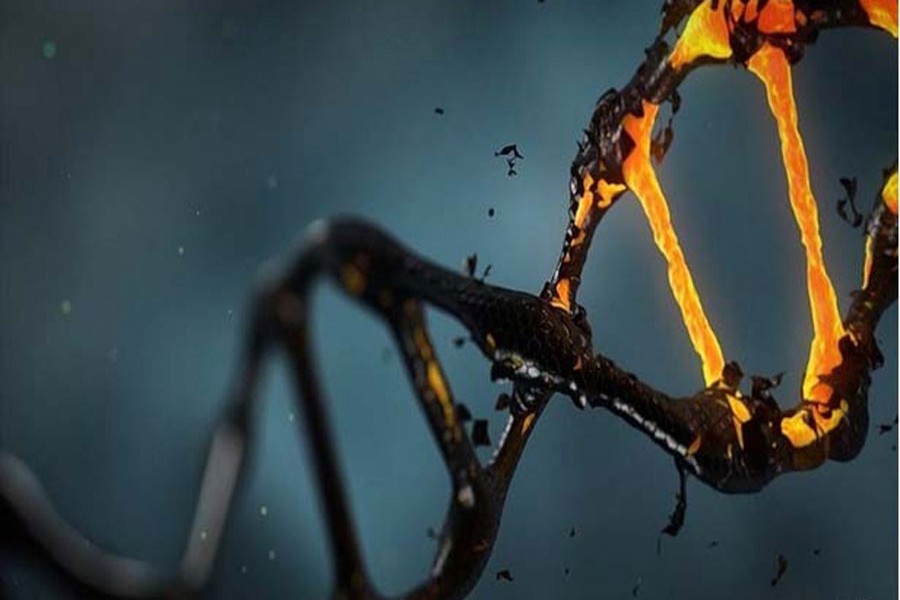Scientists have reconstructed faces from people's DNA, an advance that challenges the idea that genetic databases can be anonymous, reports The Times of India.
Research institutions regularly collect thousands of human genomes to understand diseases.
Most promise volunteers that their identity will be protected.
However, the study published in the journal Proceedings of the National Academy of Sciences shows that in the long run, such anonymity may not be possible.
By training an algorithm to link genetic information with facial features and voices, researchers were able to identify people from their genomes.
"The genome contains all the information that determines your identity. It is used in criminal courts around the world to identify people," said Craig Venter, from the US-based company Human Longevity Inc.
Given a sample of ten people, researchers were able to match headshots with the genome 80 per cent of the time.
The system was trained with data from only 1,000 people, and more data would improve it considerably.
"People need to understand these issues, and not be made these false promises that they will be kept secret," Venter was quoted as saying by 'The Times'.
"Just like Google and others now sell advertising to you based on what is in your searches and emails, you could get adverts targeted to you based on what's in your genome," Venter said.
Medical insurance companies could use the data to find out what diseases a person is susceptible to, and alter their premiums accordingly.


